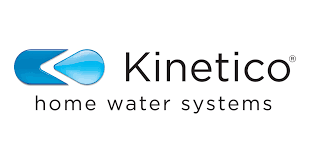Coffee and bread contain a chemical that can give you cancer, according to the Technical University of Denmark (DTU).
DTU's warning made its way through the media and landed at the feet of politicians who condemned the presence of the carcinogen acrylamide in many ordinary food stuffs.
“We need to investigate whether we can bake bread without using acrylamide,” MP René Christensen (Dansk Folkeparti) told Berlingske newspaper. “If we can ban the chemical in Denmark, I’m sure that we could easily agree on that. But it’s not as simple as that. The EU would see it as anti-competitive, which is why we need to involve the EU so we can make an EU-wide ban.”
Christensen may run into problems with his acrylamide ban, however, as the chemical is not an additive but is rather a natural byproduct of heating starchy foods above 120 degrees Celsius. It is also found in high concentrations in coffee.
The presence of acrylamide in food, particularly cooked potato products, was discovered accidentally by Swedish scientists in 2002. Since then, concerns have been raised repeatedly over whether there was sufficient exposure to the carcinogen through an ordinary diet to increase the risk of developing cancer.
Several studies have failed to find a conclusive connection, but according to DTU, new research is starting to indicate a link.
“We can with high probability say that there is a connection between foods that contain acrylamide and cancer,” Jørgen Schlundt, head of DTU’s National Food Institute, told public broadcaster DR.
According to DTU, animal studies have repeatedly shown a link between acrylamide consumption and cancer rates, while a recent Danish study of breast cancer sufferers found that those with higher levels of acrylamide in their blood had lower survival rates.
DTU and its sister institutes in Germany and France wrote a letter to the European Food Safety Authority (EFSA) in 2012 demanding that EFSA take a comprehensive look at all the studies regarding acrylamide and its carcinogenic potential – the EFSA is expected to reply in September.
Currently there are no safety limits for acrylamide exposure and there are still no reliable industrial processes that can reduce or remove acrylamide from food.
DTU has some suggestions for how to reduce acrylamide consumption, however, such as avoiding unnecessary frying and deep frying. DTU also recommends baking and cooking potato products at no higher than 175 degrees Celsius.















